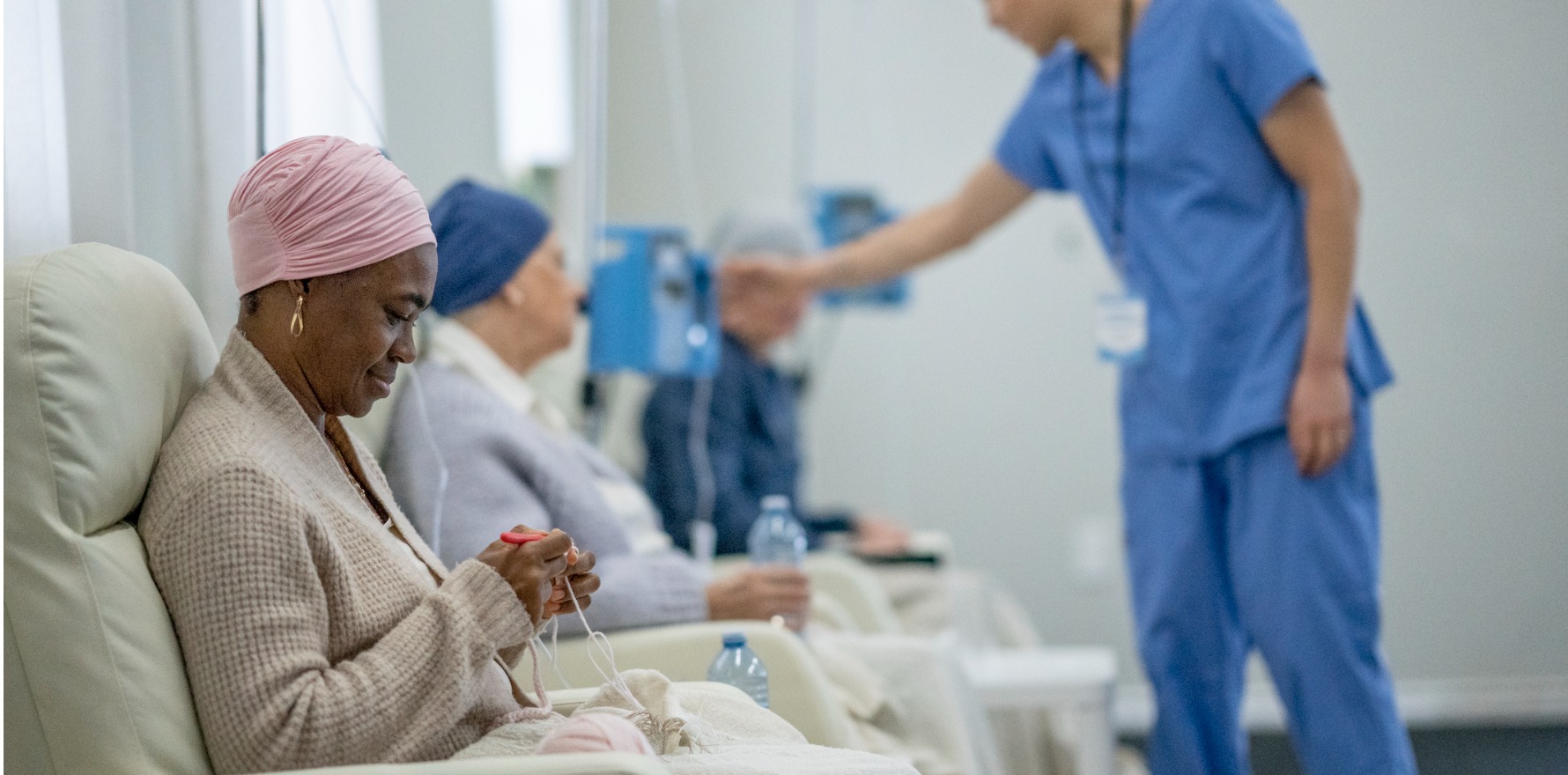The treatment, which is currently used as an anticancer drug in dogs, resulted in 80% of human patients experience a reduction in tumour volume.
A medicine used in canine cancer has been reported to be reduce tumour volume in humans too.
The phase 2a open-label clinical trial evaluated the efficacy and safety of intratumoral tigilanol tiglate (0.3mg/cm3 of tumour volume) in 10 patients with advanced or metastatic soft tissue sarcoma. Patients received one to five treatments of tigilanol tiglate and were assessed for efficacy and safety outcomes at 28 days post-treatment.
Eight of the 10 patients met the primary efficacy endpoint – objective response rate – defined as patients who achieved at least a 30% reduction in the volume of tumours that were injected with tigilanol tiglate. When tumour-level data were considered, 22 of 27 tumours (81%) displayed a complete or partial response to the treatment (14/27 complete, 8/27 partial).
The tigilanol tigllate was well tolerated, with the majority of reported adverse events (localised pain, swelling or necrosis) that occurred described as expected and/or related to the local action of the drug.
Stephen Doyle, QBiotics’ CEO and managing director, was delighted with the first stage of the results from the trial.
“Importantly, none of the 14 fully ablated (destroyed) tumours had recurred by the six-month follow-up period, suggesting tigilanol tiglate may provide long-term patient benefits. Given soft tissue sarcoma is a challenging cancer to treat, achieving this level of clinical activity is highly encouraging,” he said in a statement.
Rare Cancers Australia CEO Christine Cockburn felt the results offered real hope for people living with rare forms of cancer like soft tissue sarcoma, who often have limited treatment options available to them and experience poorer outcomes compared to patients with more common cancers.
“Innovations like tigilanol tiglate show what’s possible when research targets the unmet needs of rare cancer patients. We welcome the continued investment in this promising trial and look forward to seeing its potential realised in clinical practice,” Ms Cockburn said in a statement.
Related
Mr Doyle thanked the patients who took part in the trial, as well as Memorial Sloan Kettering Cancer Centre investigators led by Dr Edmund Bartlett. An expansion arm (stage 2) of the study was announced in late 2024. The second stage, which will also recruit patients from Memorial Sloan Kettering, is expected to begin recruitment in the near future.
Soft tissue sarcoma is a rare cancer. Roughly 128,000 new cases were identified in 2023, with the incidence growing by 0.5% per year. The condition is characterised by malignant tumours that develop in soft tissue such as muscles, tendons, blood vessels and fat deposits.
Tigilanol tiglate is used to treat mast cell tumours in dogs. The treatment works by turning on a protein within tumour cells that causes them to disintegrate.





